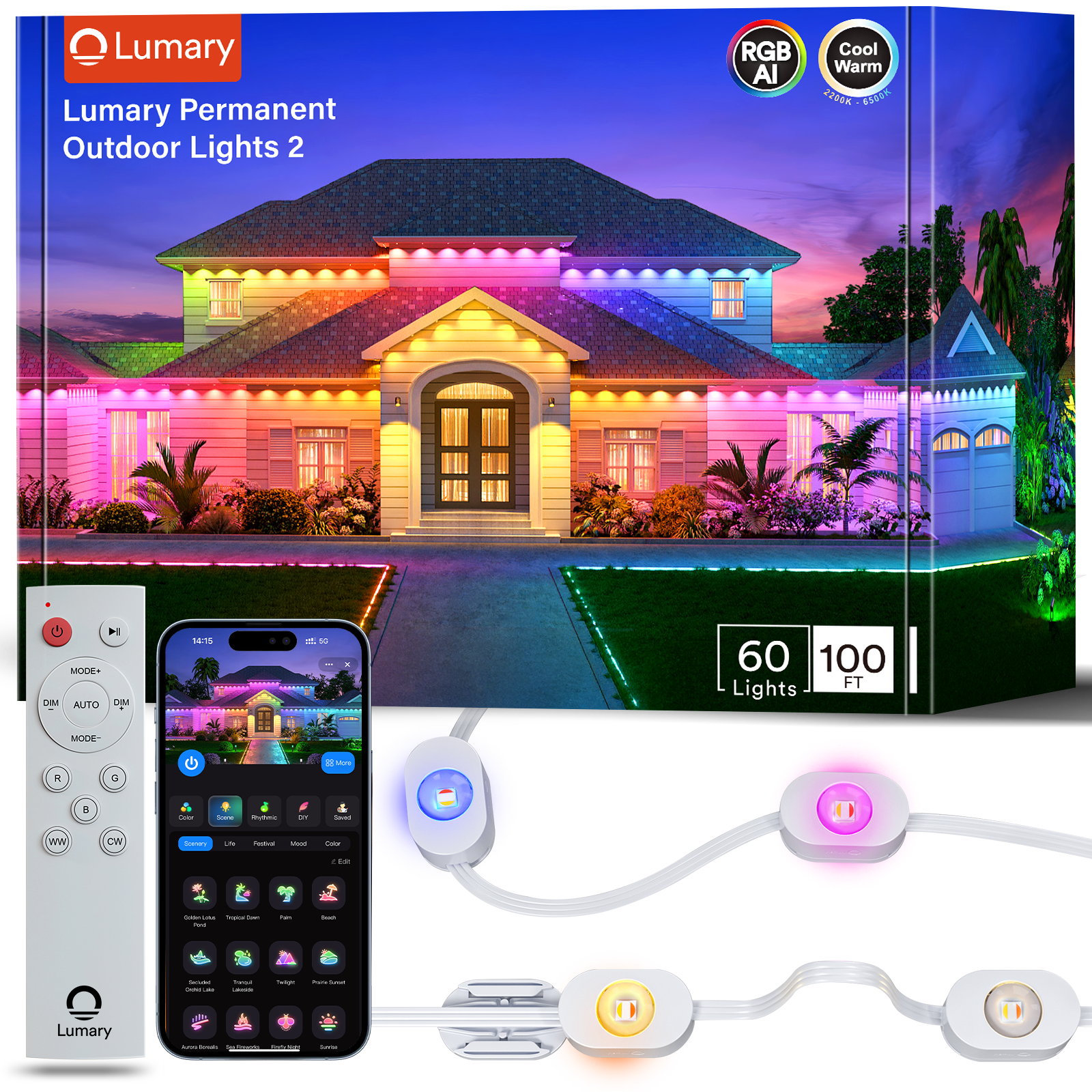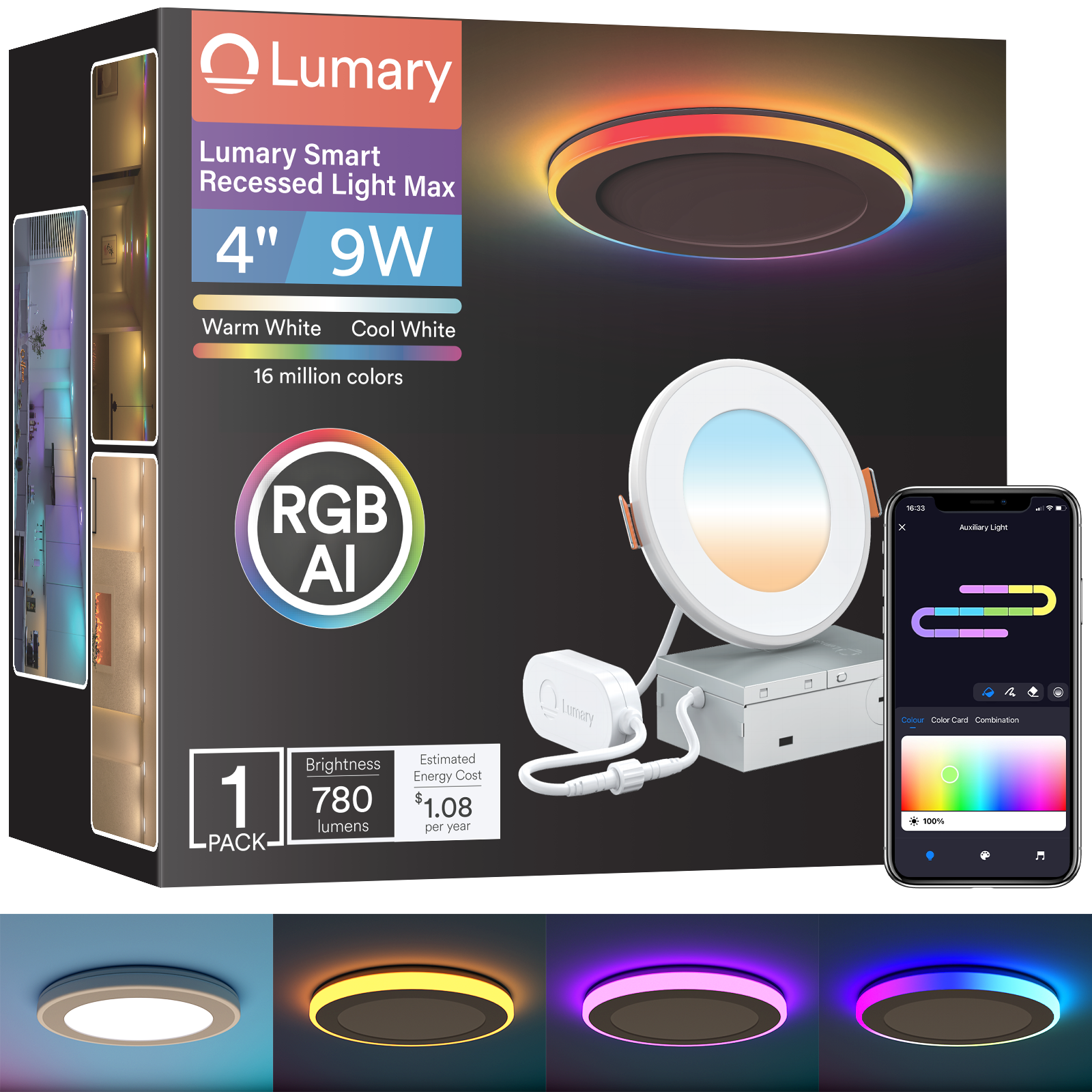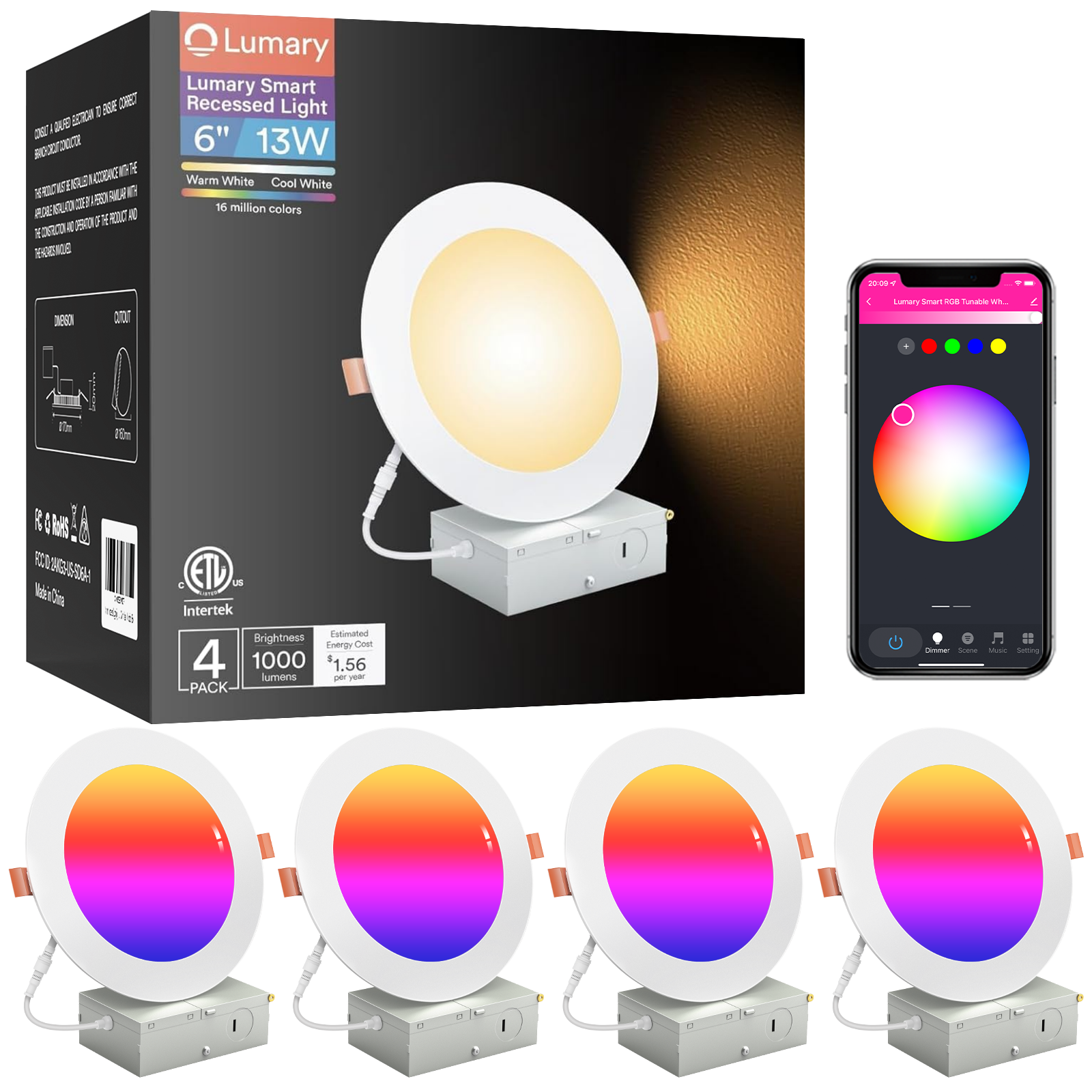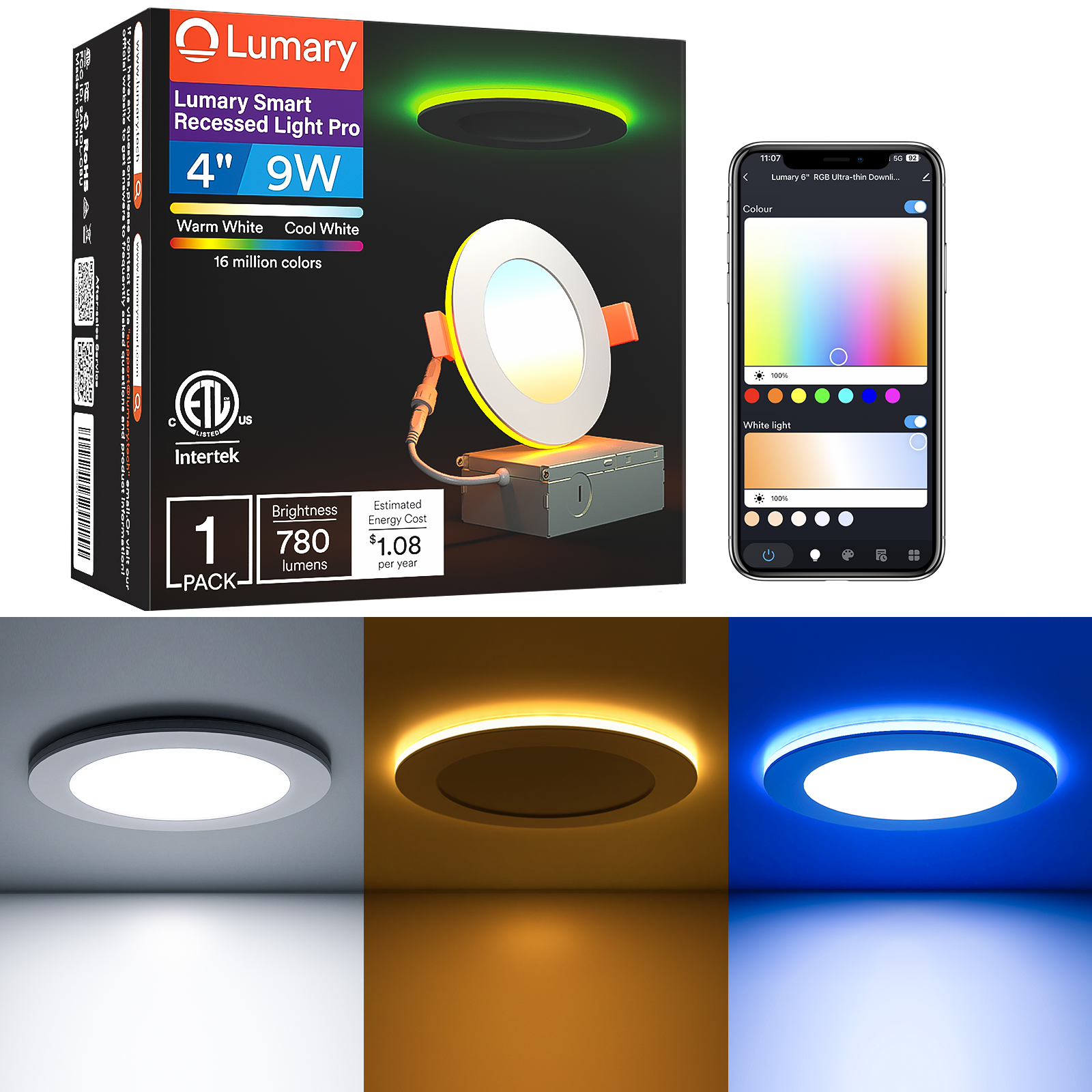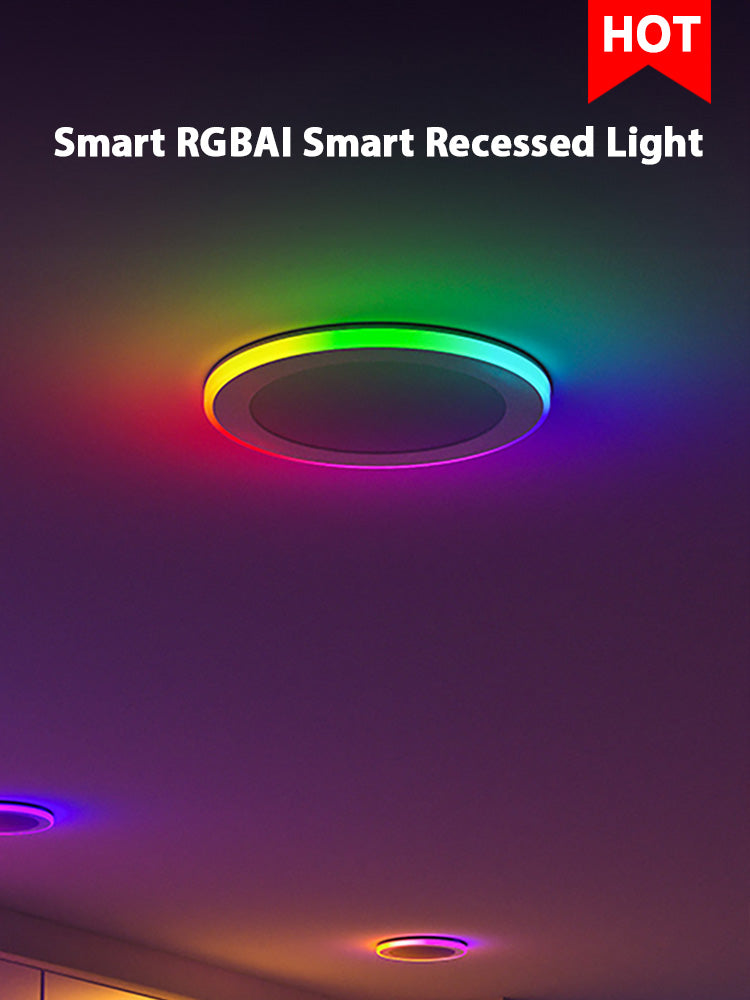Interior uplighting can transform your living space into a captivating environment. Lighting plays a crucial role in interior design, affecting not only the aesthetics but also your mood and productivity. Proper lighting enhances your well-being and boosts creativity. Uplighting, in particular, offers a unique way to highlight architectural features and create a cozy ambiance. By directing light upwards, you can add depth and dimension to any room, making it feel more inviting and dynamic. Whether you're aiming for a warm, intimate setting or a vibrant, lively atmosphere, interior uplighting provides the versatility to achieve your desired effect.
Understanding Interior Uplighting

What is Interior Uplighting?
Interior uplighting involves directing light upwards to illuminate a room. You use it to highlight specific areas or features, creating a unique atmosphere. This technique adds depth and dimension to your space, making it feel more inviting.
Definition and purpose
Interior uplighting serves to enhance the visual appeal of your home. By casting light upwards, you can draw attention to architectural details or create a specific mood. It’s a versatile tool in interior design, allowing you to transform any room with ease.
Historical context and evolution
The concept of interior uplighting has evolved over time. Initially, people used it in theaters and art galleries to highlight artworks and stage designs. Today, you find it in homes, where it adds elegance and sophistication. Modern technology has made it more accessible, offering various options to suit your style.
Benefits of Using Uplighting
Interior uplighting offers several advantages that can elevate your living space.
Enhancing ambiance
You can use interior uplighting to create a cozy and warm atmosphere. By adjusting the light's intensity and color, you set the mood for any occasion. Whether you want a relaxing evening or a lively gathering, uplighting helps you achieve the desired effect.
Highlighting architectural features
Interior uplighting is perfect for showcasing unique architectural elements. You can emphasize columns, arches, or textured walls, adding character to your home. This technique draws the eye to these features, making them stand out beautifully.
Types of Uplighting
There are different types of interior uplighting, each serving a specific purpose.
Wall uplighting
Wall uplighting involves placing lights at the base of a wall. You can use it to create a dramatic effect, highlighting textures and patterns. This type of uplighting adds depth to your room, making it feel more spacious.
Ceiling uplighting
Ceiling uplighting directs light towards the ceiling. You can use it to create a soft, diffused glow that enhances the room's ambiance. This method is ideal for rooms with high ceilings, as it draws attention upwards.
Floor uplighting
Floor uplighting involves placing lights on the floor, pointing upwards. You can use it to illuminate large spaces or highlight specific areas. This type of uplighting adds a modern touch to your home, creating a sleek and stylish look.
Planning Your Uplighting Design
Assessing Your Space
Before diving into the world of uplighting, take a moment to evaluate your space. This step ensures that your lighting design complements your room's unique features.
Identifying focal points
First, pinpoint the areas you want to highlight. These could be architectural elements like columns or arches, or even artwork and furniture. By focusing on these spots, you can create a visually appealing environment that draws the eye.
Considering room size and layout
Next, consider the size and layout of your room. A larger space might require more lights to achieve the desired effect, while a smaller room might benefit from fewer, strategically placed fixtures. Think about how the light will interact with the room's dimensions and furniture arrangement.
Choosing the Right Fixtures
Selecting the right fixtures is crucial for achieving the perfect uplighting effect. You'll want to consider both the type of bulb and the style of the fixture.
LED vs. traditional bulbs
When it comes to bulbs, you have a choice between LED and traditional options. LEDs offer energy efficiency and a longer lifespan, making them a popular choice. They also provide a range of color temperatures, allowing you to customize the ambiance. Traditional bulbs, on the other hand, might offer a warmer glow but consume more energy.
Fixture styles and finishes
Finally, explore different fixture styles and finishes. Whether you prefer a modern, sleek design or a more classic look, there's a fixture to match your taste. Consider how the finish will complement your existing decor. A well-chosen fixture not only enhances your lighting but also adds to the overall aesthetic of your space.
Placement Strategies for Interior Uplighting
Strategic Placement Tips
Creating depth and dimension
To create depth and dimension in your space, you need to think about where to place your uplights. Position them near architectural features like columns or textured walls. This highlights these elements and adds layers to your room. You can also place uplights at the base of a wall to draw the eye upward, making the room feel taller and more spacious. By doing this, you create a dynamic environment that feels both inviting and intriguing.
Balancing light and shadow
Balancing light and shadow is essential for a harmonious look. You want to avoid harsh contrasts that can make a space feel disjointed. Instead, aim for a gentle transition between light and dark areas. Place uplights strategically to illuminate key features while allowing shadows to add depth. For example, placing uplights on either side of a doorway can create an inviting glow that enhances the room's ambiance. This balance not only highlights your space but also adds a touch of elegance.
Common Mistakes to Avoid
Overlighting or underlighting
One common mistake is overlighting or underlighting a space. Too much light can overwhelm the room, while too little can leave it feeling dull. To avoid this, consider the size of your room and the effect you want to achieve. Use a mix of uplights and other lighting sources to create a balanced look. Remember, it's about enhancing the space, not overpowering it.
Ignoring color temperature
Ignoring color temperature can also impact the effectiveness of your uplighting. Different temperatures create different moods. Warmer tones can make a space feel cozy, while cooler tones can energize it. Choose the right color temperature to match the atmosphere you want to create. For instance, a warm tone might be perfect for a relaxing living room, while a cooler tone could work well in a modern kitchen. Paying attention to color temperature ensures your uplighting complements your space beautifully.
Enhancing Aesthetics with Interior Uplighting

Creating Mood and Atmosphere
Interior uplighting can transform your space into a haven of mood and atmosphere. You have the power to set the tone for any occasion, whether it's a cozy night in or a lively gathering with friends.
Using dimmers and controls
Dimmers and controls are your best friends when it comes to uplighting. They allow you to adjust the brightness to suit your mood. Imagine hosting a dinner party. You can start with bright lights for a vibrant atmosphere and then dim them as the evening progresses for a more intimate setting. This flexibility ensures that your lighting always matches the occasion.
Color and intensity variations
Playing with color and intensity adds another layer of customization. You can choose warm tones for a relaxing vibe or cooler shades for a more energetic feel. For instance, a soft blue light can create a calming environment, perfect for unwinding after a long day. On the other hand, a vibrant red might be just what you need to energize a party. By experimenting with different colors and intensities, you can craft the perfect ambiance for any moment.
Complementing Other Lighting
Uplighting doesn't have to stand alone. It works beautifully when combined with other lighting sources, creating a harmonious and layered effect.
Layering with other light sources
Layering uplighting with other types of lighting, like ambient or task lighting, can enhance the overall feel of your space. Think of it as adding depth to a painting. Each layer contributes to the final masterpiece. For example, you might use uplighting to highlight architectural features while using ambient lighting to provide general illumination. This combination creates a balanced and inviting atmosphere.
Coordinating with decor
Your decor and lighting should work hand in hand. When you coordinate your uplighting with your decor, you create a cohesive look that ties the room together. Consider the colors and textures in your space. If you have a lot of warm tones, opt for uplighting that complements them. This attention to detail ensures that your lighting enhances, rather than clashes with, your decor.
"Marcus created an amazing ambiance for our special day. The monogram and the lighting made the venue feel like it was our own personal space." - A satisfied customer from Phoenix Uplighting
This testimonial highlights how uplighting can personalize and elevate a space, making it feel uniquely yours. By thoughtfully integrating uplighting into your design, you can achieve a similar effect in your home.
Maintenance and Upkeep
Keeping your interior uplighting in top shape ensures it continues to enhance your space beautifully. Regular maintenance not only prolongs the life of your fixtures but also keeps them looking their best.
Regular Cleaning and Inspection
Dusting and cleaning fixtures
Dust and dirt can accumulate on your uplighting fixtures over time, dulling their shine. To keep them sparkling, make it a habit to dust them regularly. Use a soft cloth or a duster to gently wipe away any dust. For a deeper clean, dampen the cloth slightly and wipe the fixtures carefully. This simple routine helps maintain the brightness and clarity of your lights.
Checking for bulb replacements
Bulbs don't last forever. Regularly check your uplighting fixtures to see if any bulbs need replacing. If you notice a dim or flickering light, it might be time for a new bulb. Replacing bulbs promptly ensures your lighting remains consistent and effective. Always have spare bulbs on hand so you can quickly swap them out when needed.
Troubleshooting Common Issues
Flickering lights
Flickering lights can be annoying and distracting. If you encounter this issue, start by checking the bulb. Ensure it's screwed in tightly. If the problem persists, inspect the wiring or connections. Loose wires can cause flickering. If you're unsure, consult a professional to avoid any electrical hazards. Addressing flickering promptly keeps your lighting smooth and steady.
Uneven lighting
Uneven lighting can disrupt the ambiance you're trying to create. If you notice some areas are brighter than others, adjust the position of your uplights. Ensure they're evenly spaced and angled correctly. Sometimes, simply repositioning a fixture can solve the problem. Consistent lighting enhances the overall look of your space, making it feel balanced and inviting.
By following these maintenance tips, you ensure your interior uplighting remains a stunning feature in your home. Regular care and attention keep your lights shining brightly, allowing you to enjoy their beauty for years to come.
To wrap up, here are some key tips for effective uplighting:
-
Highlight architectural features: Use uplighting to draw attention to unique elements in your space.
-
Balance light and shadow: Create a harmonious atmosphere by strategically placing lights.
-
Experiment with colors and intensity: Adjust these to set the perfect mood.
Don't hesitate to try different techniques. Uplighting offers endless possibilities to personalize your space. As Marcus from Phoenix Uplighting says, "The lighting made the venue feel like it was our own personal space." Dive deeper into the world of lighting by exploring more resources and articles.



